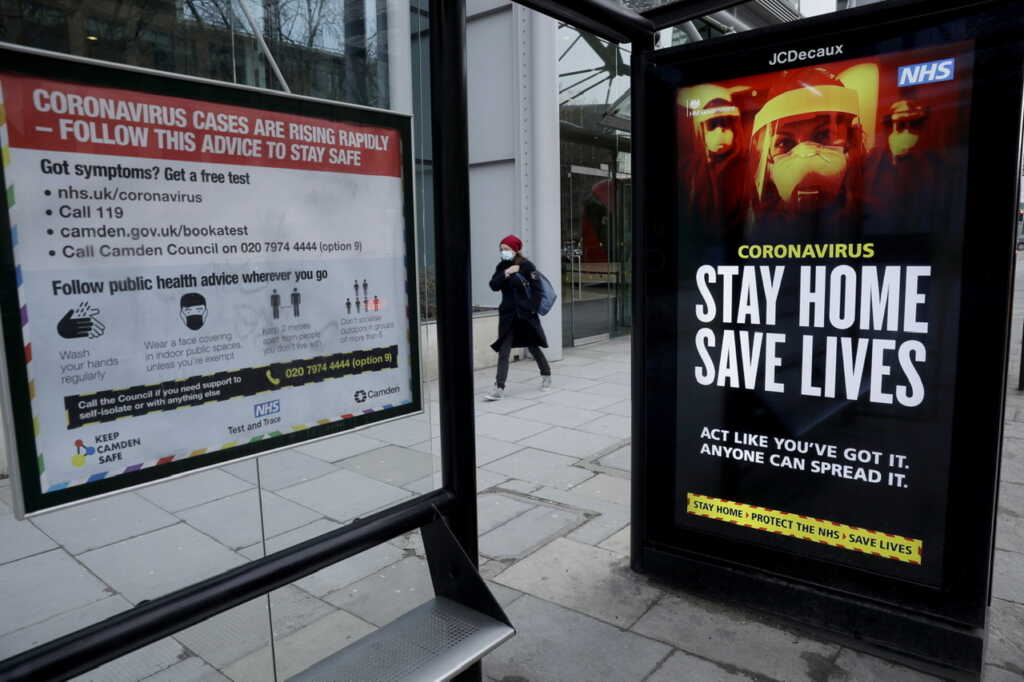As it turns out, it doesn’t appear the lockdowns have been all that effective at stopping the spread of the coronavirus.
That is, according to a new, peer-reviewed study published Jan. 5 in the Wiley Online Library, Newsweek reported Thursday. The analysis looked at data from several different countries — England, France, Germany, Iran, Italy, the Netherlands, Spain and the U.S. — that implemented “non-pharmaceutical interventions” to quell the spread of COVID-19.
The study’s authors used a mathematic model to then compare the findings in those countries to the data available in South Korea and Sweden, two countries that opted for less restrictive, more voluntary measures.
In the end, the researchers concluded there was “no clear, significant beneficial effect to [more restrictive measures] on case growth in any country.”
“We do not question the role of all public health interventions, or of coordinated communications about the epidemic, but we fail to find an additional benefit to stay-at-home orders and business closures,” they said.
While there may be some immediate impacts lockdowns provide that voluntary policies do not, in the long term, such draconian measures cause many more harms than is justifiable, “including hunger, opioid-related overdoses, missed vaccinations, increase in non-COVID diseases from missed health services, domestic abuse, mental health and suicidality, as well as a host of economic consequences with health implications,” according to the analysis.
Additionally, the study’s authors noted they found “no evidence of large anti-contagion effects from mandatory stay-at-home and business closure policies.”
Anecdotal data has, in many cases, born out these findings. Florida, for example, where Gov. Ron DeSantis (R) did not impose draconian lockdowns, has had fewer COVID deaths than states like New York, where Gov. Andrew Cuomo (D) has implemented strict lockdown measures.
The release of this study comes as some Democrats — like Cuomo and Chicago Mayor Lori Lightfoot (D) — are now starting to admit they need to work to reopen their respective economies as soon as possible, a shift some conservatives are decrying as politically motivated, as President-elect Joe Biden is just days away from being inaugurated.
In early January, Dr. Anthony Fauci, director of the National Institute of Allergy and Infectious Diseases, said on NBC’s “Meet the Press” that a nationwide lockdown is “not out of the question” under Biden.
“We certainly need to enhance and make more uniform our public health measures,” he said. “President-elect Biden has called for 100 days of everybody wearing a mask uniformly throughout the country. That’s really a good start.”
It’s worth noting a doctor with the World Health Organization said in October of last year he is against more lockdown measures because they do, in fact, carry with them devastating side effects.
“This is a really terrible, ghastly, global catastrophe, actually,” said WHO special envoy Dr. David Nabarro. “And so we really do appeal to all world leaders: stop using lockdowns as your primary control method.”



